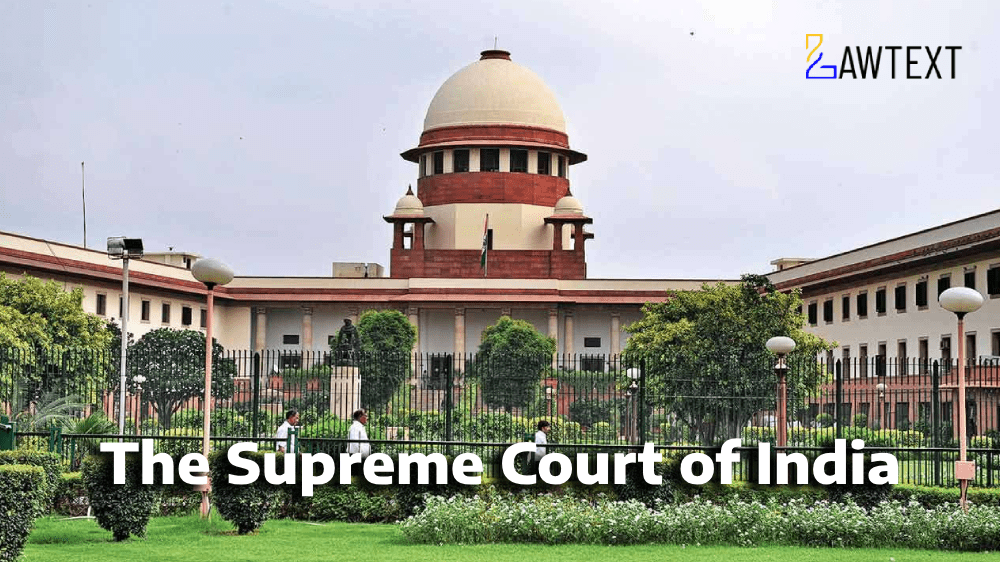

The Supreme Court dismissed the appeals filed by candidates with benchmark disabilities who challenged the Rajasthan High Court's decision regarding the cut-off marks in the Rajasthan Judicial Service Examination. The Court upheld the High Court's judgment, stating that the reservation for persons with disabilities is an "Overall Horizontal Reservation," and there was no requirement for separate cut-off marks for this category. The appellants, who had failed the Preliminary Examination, argued that the non-declaration of cut-off marks for their category was discriminatory and violated their fundamental rights. However, the Court found no legal mandate for such cut-off marks and emphasized that the candidates could not challenge the process after participating in the selection process.
The Supreme Court addressed two appeals involving a common legal question regarding the selection process for the Rajasthan Judicial Service. The appellants, both persons with benchmark disabilities, challenged their exclusion from the Main Examination after failing to meet the cut-off marks in the Preliminary Examination. They argued that the non-disclosure of cut-off marks for their category violated their constitutional rights.
The Rajasthan High Court had advertised 120 vacancies for the Civil Judge and Judicial Magistrate posts, including reservations for persons with benchmark disabilities. The Preliminary Examination required candidates to meet specific cut-off marks to qualify for the Main Examination. The appellants argued that the absence of a separate cut-off for their category was discriminatory.
The Supreme Court differentiated between "Compartmentalised Horizontal Reservation" and "Overall Horizontal Reservation." It clarified that the reservation for persons with disabilities was an overall horizontal reservation, meaning it applied across all categories and was not specific to any vertical reservation category. Therefore, there was no need to fix separate cut-off marks for the disability category.
The Court referenced key judgments, including Indra Sawhney v. Union of India and Anil Kumar Gupta v. State of U.P., to explain the nature of horizontal reservations. The Court held that the appellants' claim of mandatory separate cut-off marks was unfounded, as neither the Rajasthan Judicial Services Rules nor relevant legal precedents required such a provision.
The Supreme Court concluded that the Rajasthan High Court's decision was legally sound and did not violate the appellants' fundamental rights. The appeals were dismissed, and the Court reiterated that candidates who participate in a selection process cannot later challenge the methodology after being unsuccessful.
Citation: 2024 LawText (SC) (8) 211
Case Number: CIVIL APPEAL NO. 5051 OF 2023 WITH CIVIL APPEAL NO. 5052/2023
Date of Decision: 2024-08-21
Case Title: REKHA SHARMA VERSUS THE RAJASTHAN HIGH COURT, JODHPUR & ANR.
Before Judge: [BELA M. TRIVEDI J. , SATISH CHANDRA SHARMA J.]
Appellant: REKHA SHARMA
Respondent: THE RAJASTHAN HIGH COURT, JODHPUR & ANR.